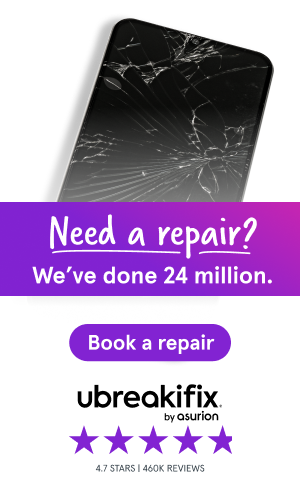Nikos
0
- Joined
- Jun 28, 2017
- Messages
- 67
- Reaction score
- 11
Hello Local experts,
Let's switch to a little classic SEO for a bit.
Came across a massive news site with many thousands of category pages in series. Developers have placed canonicals pointing to the starting page in series..
Of course Google did not respect the canonical (because they are not duplicates) and thousands of paginated pages are getting indexed e.g. www.example.com/news/politics?page=6511
How do you treat pagination?
You:
a. do nothing
b. block URLs in robots
c. place noindex tag
d. place noindex,nofollow
e. use 301s
f. Other (e.g. URL parameters tool)
I did not include rel=next/prev because we want those pages to be eliminated somehow.
Also, if you have an article/case study showing how a website benefit after removing thousands of pages that did not receive organic traffic - I would be grateful.
Cheers.
Nikos
Let's switch to a little classic SEO for a bit.
Came across a massive news site with many thousands of category pages in series. Developers have placed canonicals pointing to the starting page in series..
Of course Google did not respect the canonical (because they are not duplicates) and thousands of paginated pages are getting indexed e.g. www.example.com/news/politics?page=6511
How do you treat pagination?
You:
a. do nothing
b. block URLs in robots
c. place noindex tag
d. place noindex,nofollow
e. use 301s
f. Other (e.g. URL parameters tool)
I did not include rel=next/prev because we want those pages to be eliminated somehow.
Also, if you have an article/case study showing how a website benefit after removing thousands of pages that did not receive organic traffic - I would be grateful.
Cheers.
Nikos




